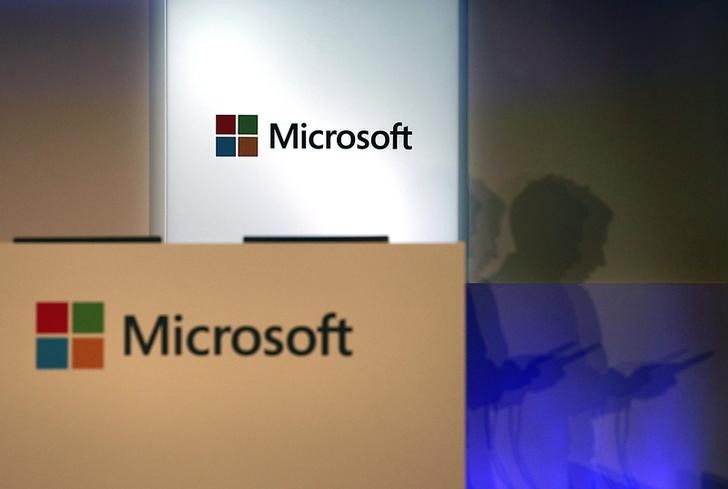By Jonathan Stempel
(Reuters) - Microsoft Corp (NASDAQ:MSFT) must face class action claims by Xbox 360 owners who say the video game console has a design defect that causes game discs to be gouged, a federal appeals court ruled on Wednesday.
The 9th U.S. Circuit Court of Appeals in Seattle said a lower court judge misapplied the law in finding that Xbox owners in the United States could not sue for damages as a group. It did not decide whether a class action should be certified.
Class actions can lead to larger damages or broader remedies than individual lawsuits, which can be costly to pursue.
Microsoft has sold tens of millions of Xbox 360 consoles since their Nov. 2005 launch.
But owners have claimed that the console's optical disc drive cannot withstand even small vibrations. They said this causes game discs to spin out of control and become scratched even under normal playing conditions, rendering them unplayable.
Microsoft countered that class certification was improper because just 0.4 percent of Xbox owners reported disc scratches, and that misuse was the cause.
In March 2012, U.S. District Judge Ricardo Martinez in Seattle dismissed the class-action claims. He relied on a 2009 ruling in a similar case in which another judge said the dearth of complaints ruled out class certification.
But the 9th Circuit reversed the decision underpinning that ruling in 2010, in a case addressing whether a suspected defect caused premature tyre wear in Land Rover vehicles.
The appeals court said Martinez did not properly take this reversal into account when he deferred to the 2009 ruling.
"Plaintiffs' breach of express warranty claim presents a common factual question-is there a defect?-and a common mixed question of law and fact-does that defect breach the express warranty?" Circuit Judge Johnnie Rawlinson wrote for the appeals court. "The district court erred in finding that individual issues of causation predominate over these common questions."
The 9th Circuit returned the case to Martinez for further proceedings.
"We've won in the lower court previously and believe the facts are on our side," said a spokesman for Microsoft, which is based in Redmond, Washington.
Benjamin Gould, a lawyer for the plaintiffs, said his clients are pleased with the decision.

The case is Baker et al v. Microsoft Corp, 9th U.S. Circuit Court of Appeals, No. 12-35946.